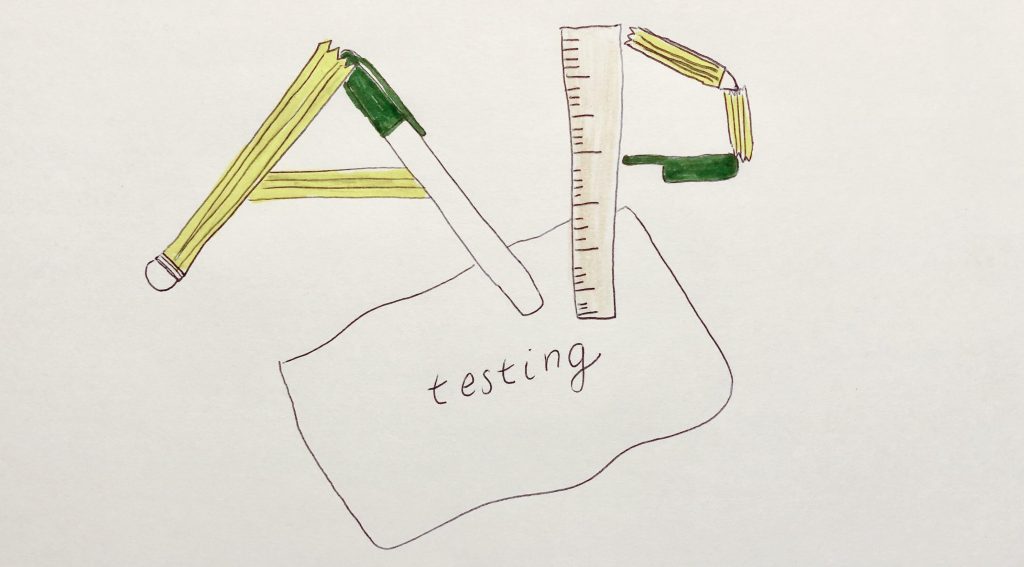By the time early May rolls around, one can hear the groans of many AP students ready to take their three-hour exams. For many of those test takers, the AP exam is an arduous and long annual process that they supposedly spend a year or two to prepare for, not even knowing if they will be successful in the end. However, if one diligently prepares for and takes the AP exam, receiving a 3 or higher in the process, he or she gains many benefits that can enrich high school education, the college application process, and university education as well.
One of the most obvious benefits of taking and passing the AP exam is qualifying for college credit and being able to pass on prerequisite courses right off the bat during freshman year. Many colleges in the United States currently offer varying course credits for incoming students that have qualified based on their results, such as Rutgers University, UCLA, and Yale University. Being able to apply AP credit in college is a major plus for students because they are given an opportunity to explore more difficult courses that interest them during the time they may have had to spend taking introductory courses in the same subjects. Overloaded schedules are also one of the most tiring aspects of high school, and being able to avoid that in college by wielding previous earned credit from those three or four years can be a godsend for a few. Of course, not all colleges have the same policy (some can be stricter than others) and some may not dish out credit at all – but nonetheless, passing the AP exam and being given the chance to start off on the right foot (and the fast track) can still lead to a considerable advantage in school experience and seeking challenges beyond high school.
And because of possible AP exam and course credits, college students can also save on tuition. According to the College Board, “Students who take AP courses and exams are more likely to graduate in four years… [t]his means that AP students who graduate on time save themselves and their families thousands or even tens of thousands of dollars in unnecessary college costs.” The organization even mentions that taking the courses and their exams can offer a boost in earning scholarships. Being able to save tuition can pave the road for different courses, more flexible or manipulable schedules, or other more interesting experiences such as overseas studying.
Furthermore, showing off a great performance on the exam and during the school year can impress both your high school teachers and university admission officers. Meeting or exceeding expectations in courses and the exam can impress teachers, and showing significant, consistent effort can possibly lead to favorable recommendations and encouraging personal relationships. Outside of high school, college admission officers can and will be impressed by seeing difficult AP courses and even more so by seeing quality scores from the exam from a student. AP courses are rigorous and can be on-par with similar college classes, so doing well in AP and earning credit is definitely an advantage that those students hold against other applicants. Enrolling in AP courses during high school and trying one’s hardest is one of the best times for students to show others (high school teachers or otherwise) that they know material and that they are trying to understand and exhibit that knowledge in class and in the exam.
Certainly, AP classes aren’t all it takes to get into a good college, impress teachers or parents, or to show that one is an earnest student overall. But it is undeniable – no matter what the complaints may be – that these courses and exams grant some amazing academic “power” for students in RHS and in high schools across the country.
Eugene Park
staff writer
Graphics: Amelia Chen

